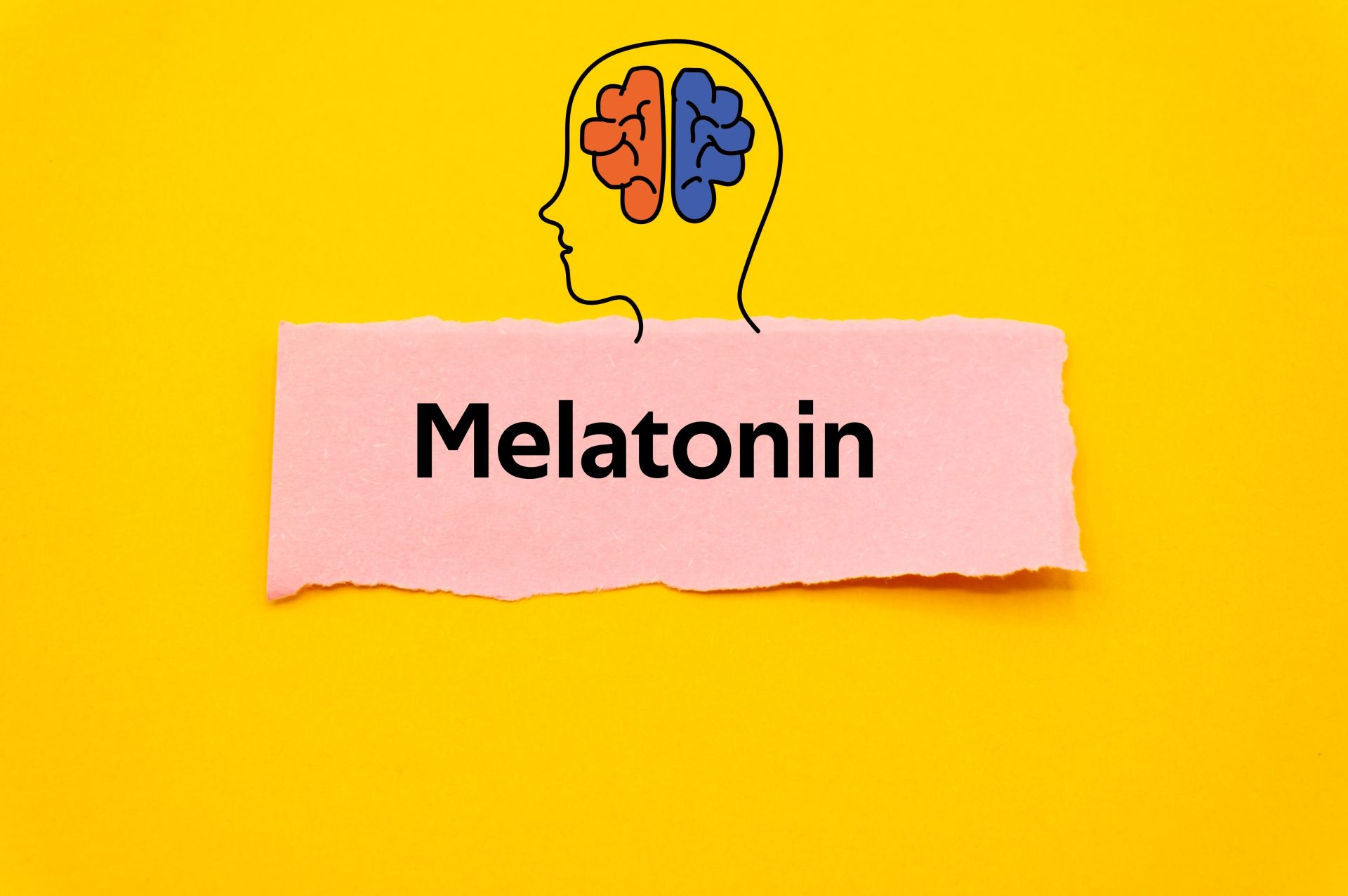
Such are our times that healthy and fully restorative sleep is the privilege of a few. For public health, this is a disaster, as the quality of sleep affects absolutely every aspect of human health. The rapid development of civilization in recent decades is unfortunately not conducive to good quality sleep - excess stress, a multitude of stimuli, well, and artificial light available until late at night. Each of these factors sabotages the production of melatonin, a sleep hormone fundamental to sleep quality and overall health. In this article, we'll discuss an outline of the benefits of external melatonin supplementation.
- Benefits of using melatonin for sleep
- Indirect health benefits
- Melatonin for well-being
- Benefits of melatonin supplementation for seniors
- Safe doses of melatonin
Benefits of using melatonin for sleep
Melatonin affects the regulation of our internal "clock," which enables the temporal organization of biological functions. When it gets dark, our photoreceptors in the retina of our eyes transmit a signal to the brain to start melatonin production. This then initiates a whole cascade of processes specifically related to sleep. Melatonin alters specific aspects of sleep architecture, thereby improving sleep quality. Its adequate availability makes it possible to maintain a proper sleep environment and get the maximum benefit from it. If you are deficient in melatonin for various reasons, it can be supplemented very easily with a suitable dietary supplement.
Some sleep problems are also accompanied by respiratory problems, such as sleep apnea.
There are indications in studies that melatonin alleviates the complications caused by sleep-disordered breathing, both in animal models and in human clinical trials. Among other things, it was noted that melatonin prevented the rise in glucose levels that typically follows periodic hypoxia in animal models of sleep apnea. Subsequent observations indicated that melatonin, through several mechanisms, could prevent the development of secondary cardiovascular diseases caused by breathing disorders.
Indirect health benefits
Disorders of sleep and wakefulness rhythms are always giving. They can be the basis for many other health disorders that are seemingly hard to link to poor sleep. Here are some of the effects that can occur as a result of sleep disorders:
- hypertension,
- glycemic disorders,
- mood disorders and anxiety,
- chronic fatigue,
- cognitive deterioration,
- immune impairment.
If melatonin can reduce sleep disorders, it can also reduce the risk of the above health problems. This includes both stimulating melatonin production through natural means (lifestyle modifications) and supplementing melatonin from supplementation.
Melatonin for well-being
First, getting more sleep and better nighttime recovery means feeling less tired during the day. The ability to restore optimal energy levels is one of melatonin's most promising properties.
There are quite a few indications that melatonin has anti-anxiety and anti-stress effects. Here the benefits overlap, as anxiety and stress exacerbate sleep disturbances, and sleep disturbances exacerbate anxiety and stress. Introducing an extra dose of melatonin into this vicious cycle can help break out of this pathological relationship, with mental health benefits.
Benefits of melatonin supplementation for seniors
The efficiency of melatonin synthesis and average melatonin levels decrease with age. For this reason, older people are more susceptible to melatonin deficiency. As we age, the ability to maintain good quality sleep decreases, and thus the incidence of various sleep disorders gradually increases.
Sleep architecture begins to change in middle age, resulting in a dramatic decrease in the amount of slow-wave sleep without rapid eye movements (NREM). In contrast, the amount of sleep with rapid eye movements (REM) decreases only slightly. Reduced melatonin secretion may therefore be related to the mechanism of insomnia development in the elderly.
Seniors, as a group of people with naturally reduced melatonin availability, may respond much better to melatonin supplementation than younger and relatively healthy people. Therefore, the benefits may also be much more pronounced.

Safe doses of melatonin
The amount of melatonin produced physiologically is estimated to be about 300 mcg, or 0.3 mg. European authorities consider 0.5 mg to be the minimum dose of benefit. In dietary supplements, quantities of 1 or 3 mg of melatonin are most often found in practice. This 1 mg is most often the optimum sufficient to achieve adequate benefits when problems are actually caused by low melatonin availability. However, it is worth noting that melatonin, even in much higher doses, did not show toxicity in human studies and was considered safe.
Peak melatonin concentrations after an average serving of the supplement occur after about 60 minutes. Thus, for optimal effect, it is a good idea to take a melatonin supplement no earlier than 1 h before going to bed.
Sources:
 ⮜ Previous article
⮜ Previous article
Why eat walnuts?
 Next article ⮞
Next article ⮞